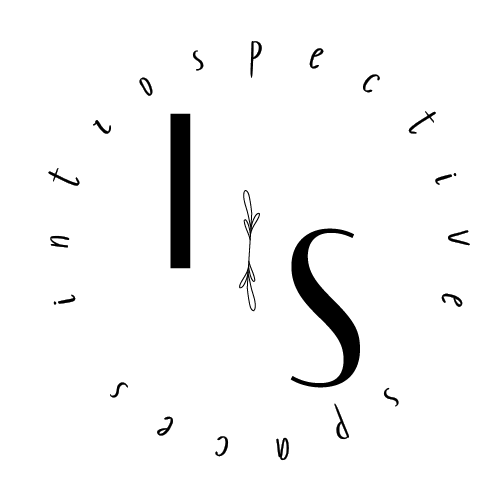Rediscovering Rest and Renewal: Embracing the Sabbath
The argument has often been that our time of leisure and rest can restore us to be better, more productive healthcare workers. I am likely guilty of citing studies and examples to that effect in grant applications or the like in an attempt to bolster the importance of the mission of Introspective Spaces: to create spaces of rest and reflection for Women in Healthcare. Jenny Odell in her latest book, Saving Time, retorts "As long as slowness is invoked merely to make the machine of capitalism run faster, it risks being a cosmetic fix." Rabbi Abraham Joshua Heschel says it another way: “Man is not a beast of burden, and the Sabbath (day of rest) is not for the purpose of enhancing the efficiency of his work.” What if we deserve rest not just to restore from our labor and in context of our work lives, but because we are human? As chance to step into a different sort of time?
One of my New Year's commitments was to take a day of Sabbath each week. (We won't discuss here how that has been going). The Sabbath, often associated with religious observance, is a day dedicated to rest, reflection, and restoration. Originally a Jewish concept, from the 10 Commandments (alongside 'do not murder') the Jewish people are commanded to take a day of rest every week. Now, as Aleeza from the Jewish Matchmaker says, "there are fifteen million Jewish people in the world, and thus fifteen million ways to be Jewish" I would extend that to say, there are fifteen million ways to understand and practice the Sabbath and fulfilling the commandment of rest.
Thus for us, wherever we are on the religious or spiritual spectrum, there are many ways to honor this ritual of rest, practiced for thousands of years by the Jewish community. I honestly wish I could write about it for pages and pages because there is so much context, beauty and wisdom to drawn out. However, for the sake of this newsletter, here are a few learnings we can draw into our own lives.
1. Establish Sacred Time: Traditionally, Jewish mark sundown on Friday to sundown on Saturday, as do Seventh Day Adventists, as their Sabbath. Designate regular periods of rest where you can step away from the demands of work and embrace self-care. Whether it's a few hours or a dedicated day, let this time be a sanctuary for recharging and reconnecting with what brings you joy. The inventors of Sabbath understood that interrupting our ceaseless striving takes strenuous amount of will, and thus were bolstered by the communal and social sanction to do so as well. If you can find someone to commit to a practice of intentional time set aside for rest, all the better.
2. Disconnect to Reconnect: In a hyperconnected world, make a conscious effort to unplug from technology and immerse yourself in activities that nourish your soul. Engage in hobbies, spend time in nature, practice mindfulness, or simply savor moments of solitude that allow you to recharge. Over the past thousands of years, Jews have puzzled creatively with the how to disconnect and that's why you may have seen some communities abstaining from driving on Saturdays or using only candle light. Take some time to reflect on what disconnecting can look like for you. It could be turning your phone off for a day a week. Don't expect it to feel good at first.
3. Cultivate Presence: Use the Sabbath as an opportunity to be fully present with yourself and your loved ones. Engage in meaningful conversations, share laughter, and create memories that fill your heart. Embrace the beauty of the present moment. Rabbi Heschel spent his sabbaths riding bikes with his family, taking naps, and having spirited conversations with friends.
4. Seek Solace in Rituals: Rituals can infuse our lives with a sense of sacredness and intentionality. Create your own rituals—light a candle, commit to weekly dinner with a loved one, practice meditation or yoga, or engage in any activity that anchors you to the present and uplifts your spirit. Eating dinner together Friday night is a common ritual for Jewish families that observe Shabbat (Sabbath Is the English word for Shabbat)
We are worthy of of rest and rejuvenation, not to become better, more patient doctors and nurses who make less errors and have better patient surveys and outcomes, but because our humanness exists outside of work and profit.
As you navigate your upcoming weeks, we invite you to explore the wisdom within Rabbi Heschel's book, "The Sabbath." May it inspire you to embark on a personal journey of rest, reflection, and renewal—a journey that honors your remarkable contributions while nurturing your own soul.
Wishing you moments of rest, reconnection, and inner peace,
Anu & Laura

